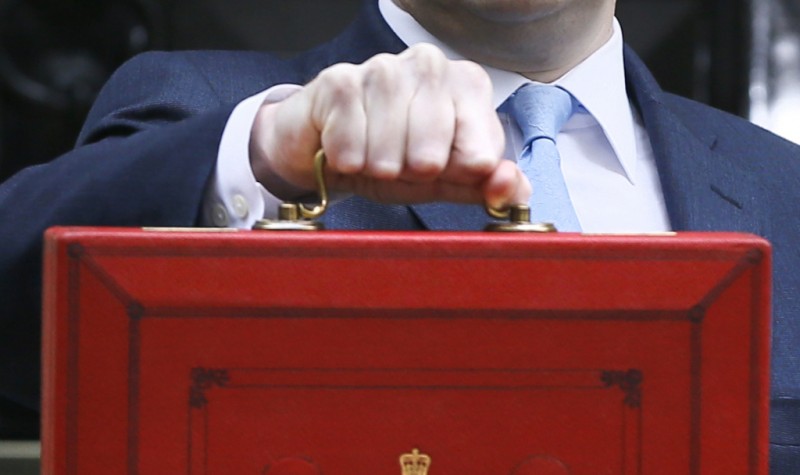Some thoughts on the Chancellor’s Autumn Statement

Last week I was at an event held by the FT where the guest speaker was Paul Johnson from the Institute of Fiscal Studies. He’s basically your go-to guy for government spending and was talking about the Autumn Statement. It seems we’ve got some bumps ahead, particularly in terms of pension expenditure. The UK spends less on state pensions than the average developed nation. On the flip side, many companies have a huge liability in terms of defined benefits pension schemes. I wonder to what extent that is hurting our long-established companies, or will do in future. Will that kill off some companies only to have their order books bought at cents on the dollar without the pension liabilities? Government may well have to step in to underwrite that sort of solution, or face huge employment disruption.
There’s a reticence for our government to increase public spending beyond 36% of GDP, but there is a huge margin for error on forecasts: £50bn over five years. That makes forecasting very difficult indeed. I asked the question as to what would make the government have to completely rethink public spending. What kind of shock that is within the realms of possibility could do that? Leaving the EU, war, natural disaster, and a few others, was the response. In fact it seems these aren’t so much black swans as those green parrots you see everywhere in the South East these days.
Most of the issues facing government spending at this point are demographically related, with the UK set to acquire another 20% of over 65s in the next decade. People are living longer, and they’re retiring in their droves. This older generation still owns a vast amount of residential property. Property is a strange animal right now as it has evidently become the asset of choice over the stock market. Why buy shares when you can extend your five bed semi and the gains will be tax free?
A statistic I was quite interested to hear was that 1% of the population are responsible for 25% of stamp duty and 25% of income tax.
With promises not to raise NI, income tax or VAT, we can expect the savings required to hit Osborne’s 2019 target to be made by stealth. As it is, funding to local government has been cut. This will no doubt lead to big rises in Council Tax, which will be quite uneven in the way it affects different councils, particularly depending on how much they collect from businesses. Employers NI may well rise. I expect there’ll be another raid on our savings and/or pensions as soon as interest rates start to rise.
One thing that continues to surprise me is the way that most economists don’t think that automation is going to significantly increase long-term unemployment. To Paul Johnson’s mind, this is because “it’s been promised before and never happened”. It’s not a prophecy from a Bronze Age text, Paul! It’s just common sense that when you can depreciate robots at $5 per hour, and they don’t have all the foibles that humans do – which I remember Jim Mellon saying at the Master Investor conference – then it’s hardly likely that humans are the employees of choice. Of course at $5 per hour they’d be illegal employees anyway. Governments are by nature order takers. They wait for problems to demonstrate that they’re not going away, and then act reluctantly. They are not trend setters. So I can understand why politicians might readily deny reality. But for economists, presumably with no axe to grind, denying that automation is basically an unemployment tsunami is something of a joke! Particularly against the backdrop of the Apprenticeship Levy which is almost certainly going to be laissez-faire enough to allow companies to use it as slave labour. Net gain: zero to the economy. Just more invented ‘roles’ for the smoke and mirrors exercise. Get people studying science is the answer, instead of studying PPE to become the blood-sucking pustules that we know as career politicians.
There is a 55% chance, apparently, that Osborne will hit his 2019 target, according to OBR Chairman Robert Chote. That’s almost a coin toss. Chote is basically suggesting Osborne’s a tosser, seems to be the subtext.
Comments (0)